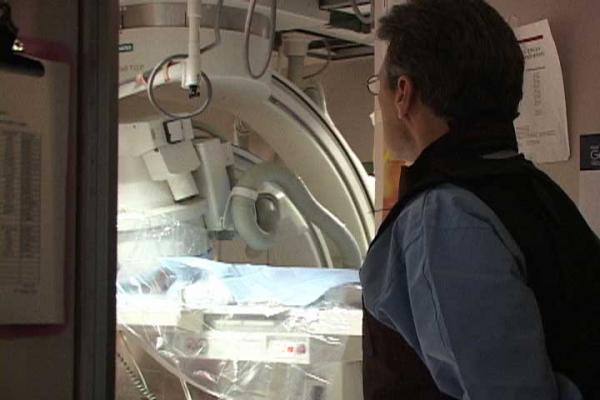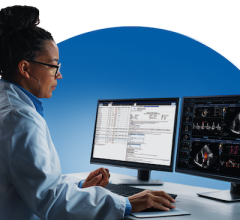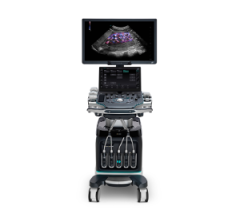
December 3, 2015 — Feeling high levels of distress, fear and hostility prior to undergoing an angioplasty or other interventional radiology procedure may lead to a poor outcome, according to new research presented today at the annual meeting of the Radiological Society of North America (RSNA).
"I was surprised by this result," said study author Nadja Kadom, M.D., currently acting associate professor of radiology at Emory University School of Medicine and Children's Healthcare of Atlanta. "Prior to this study, I did not believe patient mood could have an effect on outcome."
In the study, researchers analyzed the results of 230 patients, including 120 women and 110 men (mean age 55 years) who underwent image-guided interventional radiology procedures including vascular and kidney interventions. The minimally invasive procedures involved the use of a catheter, which is inserted through a blood vessel and threaded to an area of the body, such as a blocked artery, for treatment.
Upon arriving for their procedure, patients were asked to complete a questionnaire called the Positive Affect Negative Affect Schedule (PANAS) to assess their mood. Using a five-point rating scale, the patients reported to what extent they felt strong, alert, determined and other positive feeling states and to what degree they were experiencing negative feelings, such as guilt, nervousness or irritability.
Kadom and fellow researchers Elvira V. Lang, M.D., Ph.D., and Gheorghe Doros, Ph.D., grouped the patients based on high and low scores for positive affect and high and low scores for negative affect. Those groups were then correlated with the occurrence of adverse events during the procedures, such as a prolonged lack of oxygen, low or high blood pressure, post-operative bleeding or an abnormally slow heart rate.
A statistical analysis of the data revealed that patients with a high negative affect experienced significantly more adverse events than patients with low negative affect. Of the 104 patients with high negative affect, 23 (22 percent) had an adverse event, compared to 15 (12 percent) of the 126 patients with low negative affect. The degree of positive affect did not make a significant difference in the incidence of adverse events.
"Our study shows that mood matters," noted Lang, an interventional radiologist in Boston. "You don't need to have a chipper, cheery attitude prior to your procedure. You just have to overcome negative emotions and get to a neutral level."
Unlike surgical procedures in which patients are not conscious, interventional radiology procedures are often performed on patients who are sedated but awake and able to talk with the physician and healthcare team.
"This is a real issue," Lang said. "The procedure room is a two-way street in which the patient can affect the healthcare professional and vice versa. Any time the team must manage an adverse event, it takes attention away from the procedure."
Kadom said that although the tendency in radiology is to focus on improving equipment and techniques to minimize adverse outcomes, there is a growing awareness of what patients bring to the table.
Lang suggested that healthcare teams should be trained in resilience and techniques to create their own positive emotional states, as well as coping strategies to help patients modify negative emotions and reframe their mindset prior to undergoing a procedure.
"We need to help staff show patients how to manage their own emotions to help create an environment for a better outcome," she said.
For more information: www.radiologyinfo.org


 January 28, 2026
January 28, 2026 









